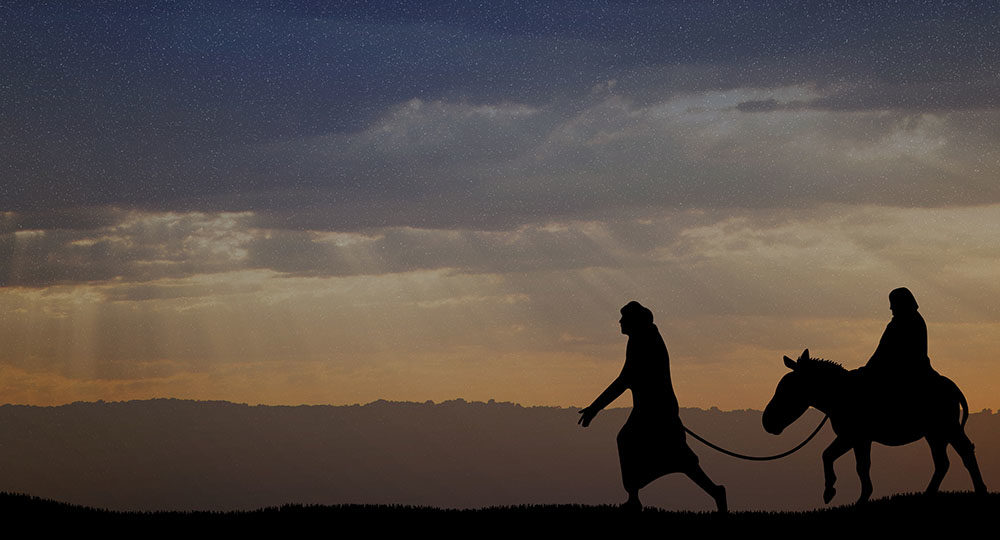

3 thoughts on “Mary and Joseph”
Leave a Reply
You must be logged in to post a comment.

You must be logged in to post a comment.
The recently divulged discovery of life on Mars captivated the attention of much of the world. With the first announcement, there was a rush of anticipation fueled by visions of little green men careening...
Christmas has never been a time of rejoicing for Jewish people. The hubbub and festivities that effervesce around the holiday seem to many Jews more like a big ball of excitement that rolls...
In every parent’s life there are those timeless moments when a newborn child nestles gently into his or her arms. With large, innocent eyes, the trusting infant looks up at its reassuring protector.
There are many misconceptions about the magi who visited Jesus. The beloved Christmas carol begins, “We three kings of Orient are,” but already it has made at least three errors.
History has bestowed on him the descriptive title, “the Great.” The primary Jewish chronicler of his period, Josephus, was the first to use the actual phrase “Herod the Great” in his Antiquities of the Jews.
Satan’s attempts to annihilate the Jewish people throughout the centuries are well documented in biblical and secular history. Demonically inspired despots like Haman and Hitler, filled with fanatical hatred, have attempted genocide of Jewish people...
I am teaching a class on Advent in my church. This article is really great to add to the content, and being written by a Jewish believer gives it a lot of credibility.
Thank you 🙏
I enjoyed this read immensely.
Very easy and direct to follow for all people.
Mention was made by the author that Joseph was told Jesus would be ther atoning sacrifice saving people from their sins and Mary was not. Since it is generally accepted that Joseph died, is it possible this was his opportunity to place faith in Jesus as Messiah thereby effecting his own salvation by faith? Mary had opportunity to see both the crucifixion and the resurrection of the Lord while Joseph didn’t. It would be interesting to find out how the contributors to Israel My Glory would consider this today.